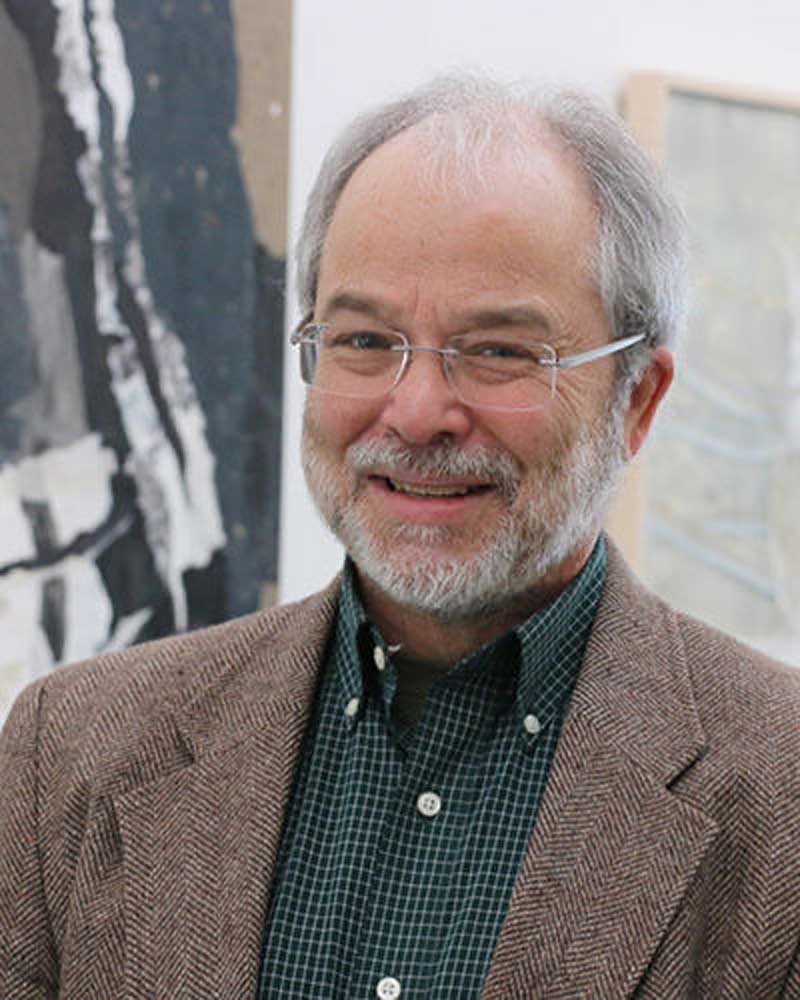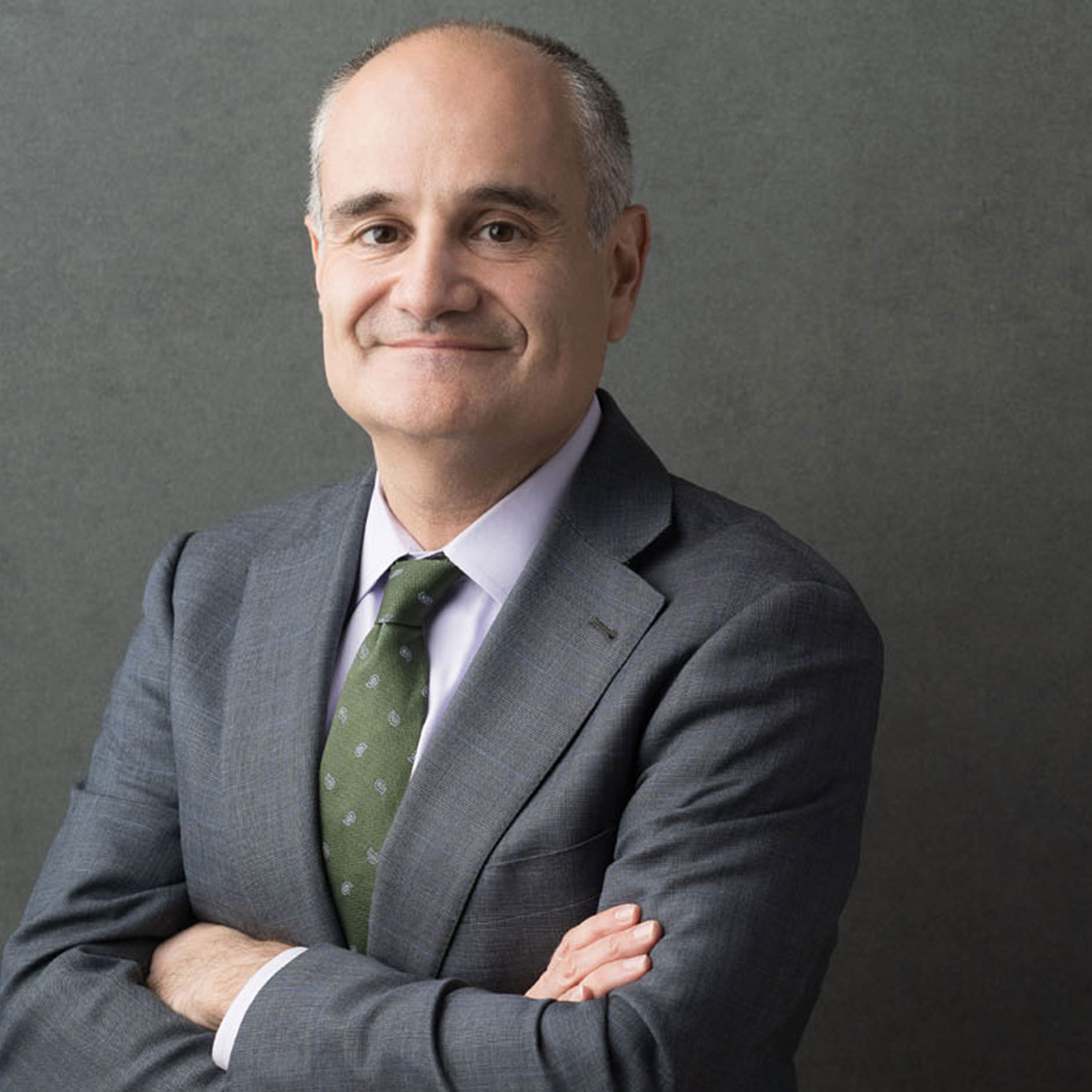Column: The democracy of the dead
Published 12:30 am Tuesday, December 20, 2022

- Steve Trotter
Democracy of the dead
Trending
{child_byline}BY Steve Trotter{/child_byline}
G.K. Chesterton a British journalist, essayist and novelist was born in 1874, and died in 1936. He was a playful man, a playful writer. He loved to drink beer and his body told that story. He was tall and let’s just say “plenteous of build.”
Perhaps you’ve seen on TV the “Father Brown” mystery series. Chesterton wrote the original Father Brown stories.
Trending
Known for his turn of phrase, Chesterton loved to draw sharp contrasts to make a point. In his book “Orthodoxy” he writes this:
“Tradition refuses to submit to the small and arrogant oligarchy of those who merely happen to be walking about. All democrats [at the time, this meant all who embraced the political system called “democracy,” not a political party in the U.S., as today] object to men being disqualified by the accident (or randomness) of birth; tradition objects to their being disqualified by the accident of death. Democracy tells us not to neglect a good man’s opinion, even if he is our groom; tradition asks us not to neglect a good man’s opinion, even if he is our father.”
He writes further:
“Tradition means giving a vote to the most obscure of all classes, our ancestors. It is the democracy of the dead.”
Huh? What’s he talking about?
Chesterton was pointing to the way each generation tends to ignore the decisions, beliefs, things learned and the wisdom of all who went before. So, he argues, a true democracy — a true society claiming that everyone’s opinion is worth hearing — (which doesn’t, of course, means that every opinion is of equal value or weight or truthfulness, only that each of us has the privilege of owning and expressing our opinion) is a society that should also consider the opinions of those now dead. Things learned, ideas and suggestions of the dead should carry weight, too.
He is mindful that the ancients knew things. All through history people learned and developed and experimented and came to know things. Integrity was important and honesty mattered many wise people have said. Values like courage and endurance and patience were held up and admired. We ignore them to our peril, Chesterton argued.
Chesterton saw during his lifetime (which included World War I and its sobering effect on all humanity) a dismissal of all who came before, as if those women and men had accomplished nothing, learned nothing and amounted to little or nothing. So they had nothing to offer the “modern” women and men of Chesterton’s day.
He pleaded for those ancestors to be given a voice, to be taken seriously, to be considered alongside the latest and newest and up to date. Thus his “democracy of the dead.”
He also challenged the belief that certain people, simply because of the “accident” of their birth, had more sway, more power, their opinion and ideas counted more than others’, whose birth was to different parents or in a different culture or a different race.
“You can’t choose your family” people say, and they’re right. We didn’t choose our parents. Chesterton says we should have access to speak, with a voice worthy of an audience, without regard to background or wealth or education or social conditions or ethnic or religious background.
Let me quote another British writer, born in Belfast, Ireland in 1898 (before the partition of Ireland) he died in England the day after John F. Kennedy was assassinated: November 23, 1963.
C.S. Lewis, a university professor and writer of fiction and nonfiction (ever heard of the “Chronicles of Narnia”? Lewis wrote them.) In his quasi-autobiography, “Surprised by Joy,” Lewis uses a term he and his friend Owen Barfield cooked up together: “chronological snobbery.” Lewis defines it this way:
“(Chronological snobbery is) the uncritical acceptance of the intellectual climate of our own age and the assumption that whatever has gone out of date is on that count discredited.”
Lewis’s “chronological snobbery” is a little easier to grasp. He was noticing how each generation labels the prior one as “old” or “not current” or “not up to date” or “an anachronism” and for that reason alone dismisses it.
Does that mean everything my parent’s generation held as important or valuable should be embraced today as important and valuable? Perhaps. Perhaps not. Lewis argued that before we accept or reject what came before, we should think.
Now that’s a rare suggestion today! We should not accept nor reject anything from prior generations without examination, without thought and some study.
For a few years I taught part time at a small university in Washington state. Among the courses I taught was a philosophy course on logic and critical thinking. My students soon learned that their generation didn’t know everything or have perfect understanding. Nor did their parents.
But they also recognized the lie that their generation, and those which came before, didn’t know anything. With critical thinking, each generation could pick up the best of what came before and, again, with thought, could avoid the worst, the mistakes and misunderstandings, of those before them.
It takes thought to accept the best of what was before me, and not toss the whole thing, not commit chronological snobbery. It takes thought — critical thought — to give a vote to those in cemeteries, a voice for the dead, lest I err in ways they did, or fail in ways they succeeded.
As a culture we are failing to think, to analyze, to weigh matters of importance. From my perspective, we have embraced ideas which, with a little critical thought, we would soon conclude are not worthy or our attention or our time or our energy. Many ideas, embraced by many, fall apart upon critical analysis. For some reason we don’t think, and so keep those flimsy, without-any-evidence-or-support ideas, alive and flourishing.
If we would look back we’d find those who came before faced the same ideas, and concluded they weren’t worth their time or energy. Ideas like fascism have been tried before, and found harmful and not worthy of consideration.
The democracy of the dead could be most helpful to us right now as we consider ideas those before us also considered. Not being chronological snobs, we could learn much from those who’ve gone before us, and avoid the mistakes they made. It’s simple, but not easy. We each must engage our minds, and think. Again: Simple. Not easy.
But that’s no excuse for not thinking.
{child_tagline}
{/child_tagline}








